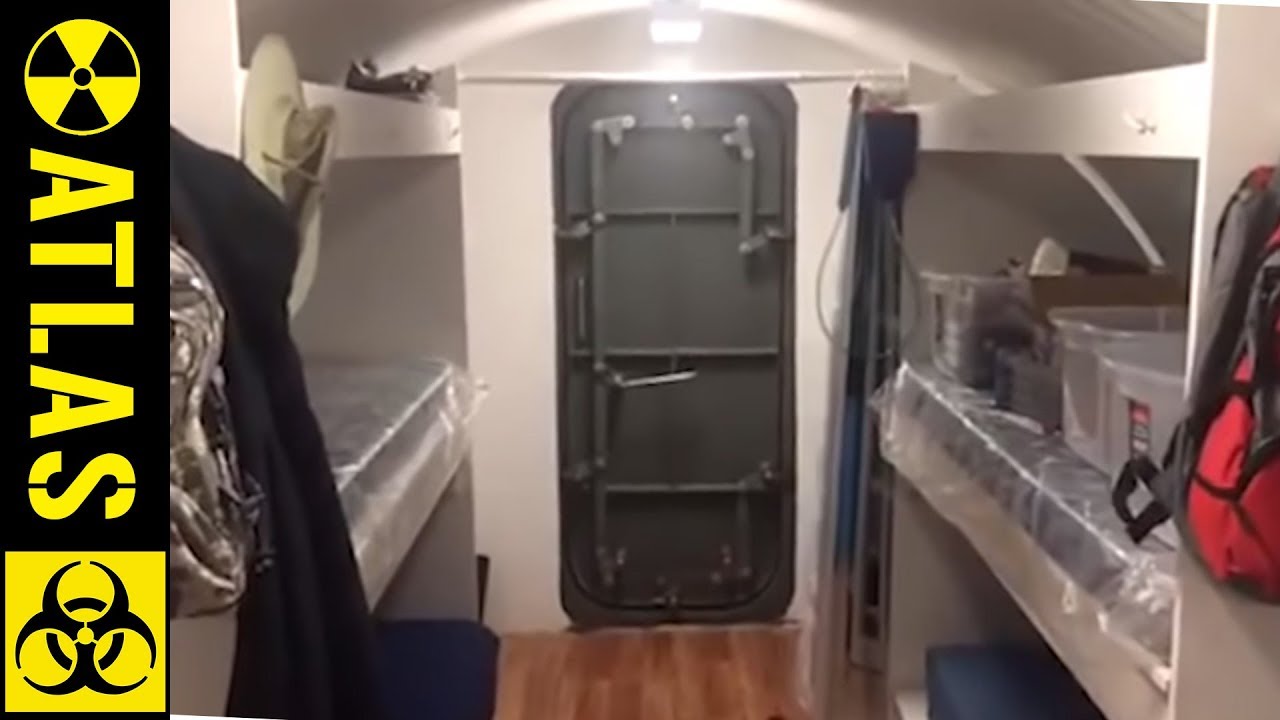Bartering 101
Bartering has been a cornerstone of human interaction since the dawn of commerce, providing a way for communities to exchange goods and services without the need for currency. In scenarios where “Stuff Hits The Fan” (SHTF), such as major disasters or economic collapses, the ability to barter can become more than just a skill—it can be an essential survival tool. Here’s how mastering the art of bartering can help you thrive during challenging times.
Understanding the Value of Goods and Services
The first step in becoming a proficient barterer is understanding the intrinsic value of goods and services. In times of crisis, the value of items can shift dramatically. Essentials like food, water, and shelter become highly valuable, while luxury items might lose their appeal. To barter effectively, you need to gauge what’s in demand and what you can offer.
Building a Barter-Ready Inventory
Preparing for uncertainty means having a stash of items that are likely to be in high demand. Think beyond the basics like canned goods or bottled water; consider stocking up on seeds, medical supplies, tools, and batteries. These items not only serve your immediate needs but can also be excellent bartering chips.
Developing Negotiation Skills
Effective bartering hinges on your negotiation skills. The goal is to create a win-win situation where both parties feel satisfied with the exchange. Practice clear communication, patience, and empathy. Understanding the needs and pressures of the other party can help you forge better deals and build lasting relationships within your community.
Cultivating Trust and Building Relationships
Trust is the currency of bartering. In times of crisis, communities must rely on each other to survive and thrive. By being honest, fair, and reliable in your exchanges, you can cultivate a reputation that will make others more willing to trade with you. Remember, today’s trading partner could be tomorrow’s ally.
Knowing When to Barter
Timing is crucial in bartering. Sometimes, holding onto a resource until it becomes scarcer can increase its value significantly. However, this requires careful judgment to avoid missing out on potential opportunities. Stay informed about the needs and resources of your community to make timely trades.
Safety and Security in Bartering
While bartering can foster community cooperation, it’s important to approach exchanges with caution, especially in volatile SHTF scenarios. Always trade in safe, public spaces when possible, and consider bringing a trustworthy companion for larger trades. Keep detailed records of your transactions to avoid disputes and ensure fairness.
FAQs on Bartering in SHTF Situations
- What are the best items to stockpile for bartering?
- Focus on essentials like food, hygiene products, medical supplies, and tools—items that are always needed.
- How do I determine the value of goods and services?
- Value is determined by supply and demand; the scarcer an item and the more it’s needed, the higher its value.
- Can I barter services instead of goods?
- Absolutely! Skills like carpentry, medical expertise, or mechanical repairs are incredibly valuable in SHTF scenarios.
- What if someone tries to take advantage of me in a trade?
- Always trade cautiously. If a deal seems too good to be true, it probably is. Trust your instincts and trade with reputable community members.
- How can I ensure my safety while bartering?
- Trade in public places, bring a friend, and let others know where you’ll be, especially if trading valuable items.
Conclusion
Bartering is not just an economic activity; it’s a community-building tool that can help you navigate through the toughest times. By preparing, understanding value, and building trustworthy relationships, you can turn the art of bartering into a vital resource that enhances your resilience and connectivity in a SHTF scenario. Embrace this age-old practice, and you’ll find that even in the worst of times, there are opportunities to thrive.
Powered by Azon AutoSites

